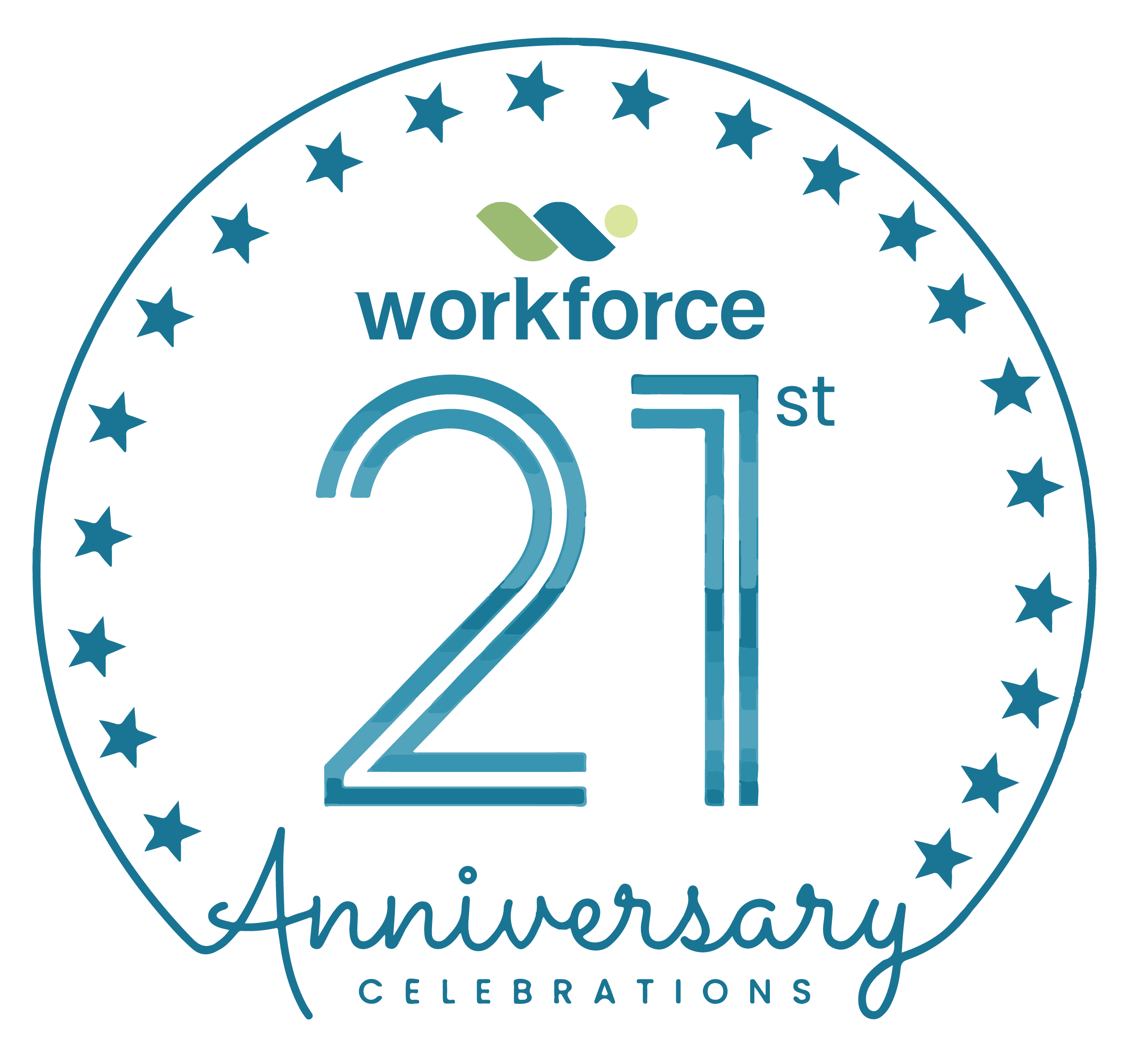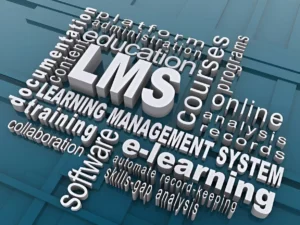Across Nigeria’s manufacturing landscapes, line managers often face a common dilemma: balancing the need for operational efficiency with the complexities of scaling a large, shift-based workforce. For many, manufacturing outsourcing has become an invaluable solution, allowing them to focus on core operations without compromising on performance standards.
With an increasing need to adapt, businesses are turning to HR outsourcing not only to streamline their processes but also to unlock significant cost savings and efficiency gains. This article delves into how workforce outsourcing empowers the manufacturing sector managers to effectively handle large teams, offering both immediate and long-term benefits.
The Growing Case for HR Outsourcing in Energy Operations
As the manufacturing operations expand, the complexity of managing large-scale workforces grows exponentially. Industries are grappling with challenges such as:
- Fluctuating manpower needs: Shifts in production demand require flexibility in staffing, which can be cumbersome with permanent hires.
- Compliance and risk management: Adhering to evolving labor laws while managing compliance risks adds pressure to internal HR teams.
- Administrative burdens: Routine tasks like payroll management, recruitment, and performance monitoring consume significant resources.
Traditional HR models often fall short in addressing these challenges efficiently. By contrast, manpower outsourcing presents a strategic alternative, enabling businesses to manage HR complexities without spreading resources too thin. HR outsourcing firms offer flexibility and expertise, relieving in-house teams from administrative overload.
Key Benefits of Manufacturing Outsourcing: A Strategic Look
When deployed effectively, manufacturing outsourcing provides several advantages tailored to the needs of large, shift-based workforces. Below are some key benefits:
1. Flexibility to Adapt to Market Demands
In energy and manufacturing, workforce requirements can fluctuate dramatically. Whether ramping up during peak production or scaling back during off-peak periods, outsourcing allows companies to swiftly adjust their staffing levels.
- Example: A large energy firm leveraged manpower outsourcing to manage seasonal demand. By outsourcing temporary staff during peak periods, the firm maintained productivity without the long-term costs associated with permanent hires.
2. Cost-Effective Workforce Management
Outsourcing significantly reduces costs associated with recruitment, training, and employee benefits. It allows companies to allocate financial resources more strategically, focusing on core operations rather than administrative overheads.
- Example: A manufacturing company saved 30% on HR costs by outsourcing staff for non-core roles, such as logistics and maintenance, allowing their internal team to focus on quality control and production efficiency.
3. Enhancing Compliance and Risk Management
Staying compliant with labour laws is essential, yet time-consuming. Outsourcing partners are well-versed in compliance, mitigating risks associated with ever-changing regulations. This ensures companies operate smoothly without the fear of penalties.
- Case Study: A major oil company faced regulatory scrutiny due to non-compliance issues related to their workforce. By outsourcing HR functions, they not only resolved compliance challenges but also implemented a proactive risk management framework.
4. Streamlined Administrative Operations
Manufacturing outsourcing simplifies complex HR operations like payroll management, recruitment, onboarding, and performance tracking. Outsourcing providers employ advanced systems and experienced professionals to manage these tasks efficiently.
- Example: An energy company outsourced its payroll and recruitment processes, resulting in error-free payroll management and a 25% reduction in recruitment time. This allowed the company to focus more on strategic workforce planning.
5. Access to Specialised Talent Pools
Outsourcing provides access to a broad pool of specialised talent when needed. With manpower outsourcing services, companies can quickly onboard professionals for specific roles, ensuring that all projects have the right expertise in place.
- Example: A renewable energy company needed specialists for a short-term project. Through outsourcing, they recruited skilled engineers and technicians, completing the project efficiently without long-term hiring commitments.
The efficiency gained from manufacturing outsourcing not only optimises daily operations but also enhances the business’s overall strategic positioning. With the right outsourcing partner, energy companies can mitigate administrative complexities, align their workforce more closely with production demands, and foster a more resilient operational structure.
Implementing Outsourcing: Steps for Success
To fully capitalise on the benefits of manufacturing outsourcing, it’s crucial to implement a strategic approach. Here are best practices to ensure outsourcing effectively aligns with business goals:
- Identify Core and Non-Core Functions: Begin by distinguishing which HR functions can be outsourced without impacting core operations. Common non-core functions include payroll, recruitment, and compliance management. This allows internal HR teams to focus on strategic initiatives.
- Select the Right Partner: Vet potential manufacturing outsourcing companies based on their experience in your industry, service offerings, compliance capabilities, and track record. A partner with deep industry knowledge can provide tailored solutions that align with your specific operational needs.
- Define Clear Objectives and KPIs: Establish clear goals for your outsourcing initiative, such as reducing HR costs or improving recruitment efficiency. Define key performance indicators (KPIs) to measure success and ensure alignment with overall business expectations.
- Develop Strong Communication Channels: Maintain open and transparent communication with your outsourcing partner. Regular updates, feedback loops, and collaborative problem-solving will ensure the partnership remains productive and responsive to evolving needs.
By following these best practices, companies can maximize the advantages of outsourcing while minimizing potential risks. A strategic approach fosters a more collaborative relationship with outsourcing partners, ensuring that outsourced functions seamlessly integrate into the broader organisational framework.
Overcoming Common Outsourcing Challenges
While the benefits of manufacturing outsourcing are substantial, energy sector companies may encounter certain challenges during implementation. Understanding and addressing these proactively ensures smoother transitions and better outcomes.
Quality control concerns often arise when companies consider outsourcing. Energy sector operations demand highly skilled workers who understand safety protocols and technical requirements. Successful outsourcing partners address this through rigorous screening processes, continuous training programs, and regular performance evaluations. Companies should establish clear quality standards and conduct regular audits to maintain workforce excellence.
Cultural alignment between outsourced workers and permanent staff can present challenges. Energy companies with strong organisational cultures may worry about maintaining cohesion. Leading outsourcing providers tackle this through comprehensive onboarding programs that emphasize company values, safety culture, and operational standards. Regular team-building activities and integrated communication systems help foster unity across the entire workforce.
Data security and confidentiality represent critical concerns in the energy sector. When outsourcing HR functions, companies share sensitive employee and operational data. Reputable outsourcing partners implement robust data protection measures, including encrypted systems, access controls, and compliance with international data protection standards. Companies should thoroughly evaluate potential partners’ security protocols and ensure contractual agreements include comprehensive confidentiality clauses.
The Future of Manufacturing Outsourcing in the Energy and Manufacturing Sectors
As the pace of industrial operations in Nigeria accelerates, the demand for scalable, efficient HR solutions will continue to grow. Manufacturing outsourcing is set to play a pivotal role in this transformation, enabling companies to adapt to market changes while maintaining operational excellence. By embracing outsourcing, businesses not only enhance their competitiveness but also position themselves for long-term success in an increasingly dynamic environment.
The evolution of Nigeria’s energy sector, particularly with increased focus on renewable energy and natural gas exploitation, will create new workforce challenges. Companies that establish strong outsourcing partnerships now will be better positioned to navigate these transitions. The flexibility offered by manufacturing outsourcing allows energy companies to quickly adapt to new technologies, regulatory requirements, and market opportunities without the constraints of traditional employment models.
Environmental, social, and governance (ESG) considerations increasingly influence energy sector operations. Manufacturing outsourcing partners who demonstrate strong ESG credentials, including fair labor practices, diversity initiatives, and environmental responsibility, will become preferred partners. This alignment helps energy companies meet their sustainability goals while maintaining operational efficiency.
The future is poised for change, and those who adapt will be best equipped to thrive. Considering outsourcing solutions for your operational needs can be a game-changer. To get started to learn more about how manufacturing outsourcing can transform your workforce management strategy, schedule a free consultation or send an email hello@workforcegroup.com today.



